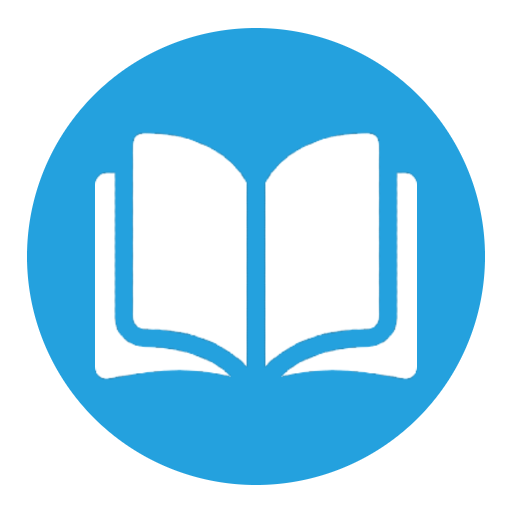
When developers, students, or businesses ask about “the best programming language,” they’re asking a question that has no definitive answer. Programming languages are tools designed for specific purposes, and the “best” one depends entirely on what you’re trying to accomplish. This article explores the concept of programming language superiority through various lenses to help you identify which language might be best for your specific needs.
Understanding “Best” Through Different Perspectives
Best for Beginners
If you’re just starting your programming journey, these languages offer friendly syntax and abundant learning resources:
Python: Often cited as the ideal first language, Python’s readable syntax resembles English and eliminates much of the complex syntax found in other languages. Its vast ecosystem of libraries and frameworks allows beginners to create meaningful projects quickly.
JavaScript: As the language of the web, JavaScript offers immediate visual feedback when learning. You can see your code’s results directly in a browser, which can be highly motivating for new programmers.
Scratch: While not used professionally, this visual programming language allows absolute beginners to understand programming concepts through a drag-and-drop interface without worrying about syntax.
Best for Web Development
The web development landscape requires different languages for different aspects:
JavaScript/TypeScript: Unavoidable for front-end development, JavaScript powers interactivity on virtually every website. TypeScript, a superset of JavaScript, adds static typing to help catch errors early in larger projects.
Python (Django/Flask): These Python frameworks enable rapid development of secure, maintainable web applications. Django’s “batteries-included” approach is particularly powerful for projects requiring content management systems or user authentication.
PHP: Despite criticisms, PHP still powers approximately 77% of websites with known server-side languages, including platforms like WordPress. Modern PHP with frameworks like Laravel offers improved structure and security.
Ruby (Ruby on Rails): Famous for its developer-friendly syntax and the powerful Rails framework, Ruby excels at rapid prototyping and building applications with conventional patterns.
Best for Mobile Development
Mobile platforms have their own specialized languages and frameworks:
Swift: Apple’s modern language for iOS development offers performance, safety features, and tight integration with Apple’s ecosystem.
Kotlin: Now Google’s preferred language for Android development, Kotlin addresses many pain points of Java while maintaining compatibility.
Dart (Flutter): Google’s Flutter framework uses Dart to create cross-platform applications from a single codebase, potentially saving significant development time for teams targeting both iOS and Android.
Best for Performance-Critical Applications
When processing speed and resource efficiency matter most:
C/C++: These languages remain unbeatable for applications requiring direct hardware manipulation, minimal resource usage, or maximum processing speed. Game engines, operating systems, and embedded systems frequently rely on them.
Rust: Offering C+±like performance with additional memory safety guarantees, Rust is increasingly adopted for systems programming where both performance and security are critical.
Go: Designed by Google for server applications, Go provides excellent performance for concurrent systems while maintaining relative simplicity.
Best for Data Science and AI
The data revolution has elevated certain languages to prominence:
Python: Libraries like TensorFlow, PyTorch, scikit-learn, and pandas have made Python the dominant language in data science, machine learning, and AI research.
R: Specifically designed for statistical computing, R remains powerful for statistical analysis and data visualization, particularly in academic and research settings.
Julia: Though newer, Julia combines the readability of Python with performance approaching C, making it increasingly popular for numerical and scientific computing.
Best for Enterprise Development
Large organizations often have different priorities than startups or individual developers:
Java: Java’s platform independence, extensive ecosystem, strong typing, and backward compatibility make it a mainstay in enterprise applications.
C#: Microsoft’s language offers excellent tooling through Visual Studio and powers many Windows applications and services. With .NET Core, it now provides cross-platform capabilities.
TypeScript: For enterprise-scale front-end development, TypeScript’s static typing helps catch errors in large codebases that might be unmanageable in plain JavaScript.
Choosing the Best Language for Your Needs
Instead of seeking the “best” language overall, consider these factors:
- Project requirements: What are you building, and what are its technical needs?
- Industry standards: Which languages dominate in your intended field?
- Community and ecosystem: How robust are the language’s libraries, frameworks, and support resources?
- Personal interest: Which language’s paradigm and philosophy resonate with you?
- Team expertise: What does your existing team know, or what skills are available in your hiring market?
- Long-term maintenance: Who will maintain this code, and for how long?
The Polyglot Programmer Advantage
The most effective developers today aren’t loyal to a single “best” language—they’re polyglot programmers who select the right tool for each job. Learning multiple languages broadens your understanding of programming paradigms and makes you more adaptable to changing technology landscapes.
Conclusion: The Best Language Is the One That Solves Your Problem
While clickbait articles might proclaim one language superior to all others, the reality is more nuanced. The truly best programming language is the one that:
- Effectively solves the problem at hand
- Can be maintained by your team
- Performs adequately for your specific use case
- Has sufficient library support for your requirements
By focusing on these practical concerns rather than language popularity contests, you’ll make technology choices that serve your projects well both now and in the future.
Remember: Languages are tools, not identities. Choose wisely based on the job to be done, not on hype or personal attachment.

Thanks!